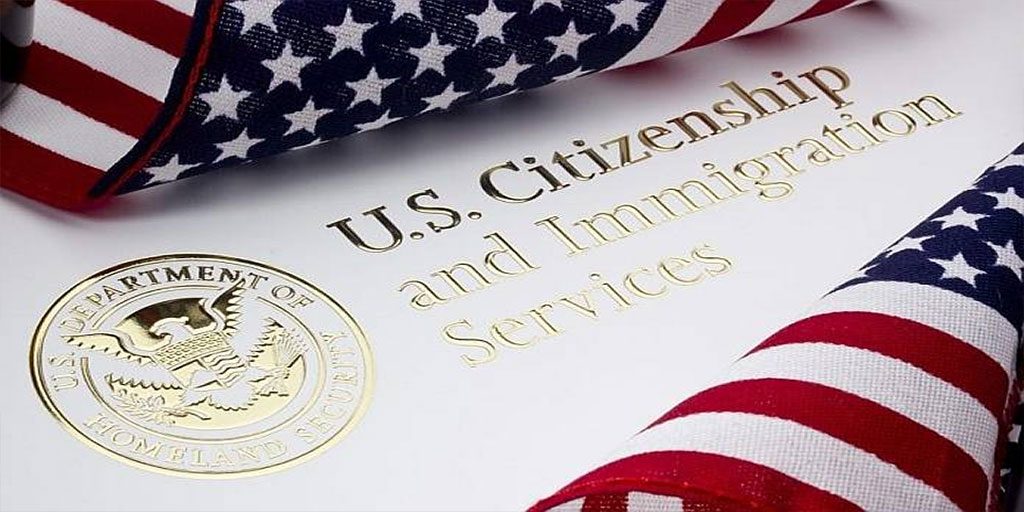
3rd June 2019
US visa applicants require social media identifiers
[apss_share]
By CNC

WASHINGTON, USA – The United States amended visa application request further information, include “social media identifiers,” from almost all US applicants. Only persons applying for certain diplomatic and official visa classes are spared from the new extra “intrusive conditions,” part of a broad expansion of President Donald Trump administration’s intensified screening.
The new visa application forms list many social media platforms and require the applicant to produce all account usernames they may have used over the previous five years. Applicants are also given the opportunity to volunteer information about social media accounts on platforms not listed on the form.
Besides providing social media history, persons applying for visas are now required to provide information for five years of previously used email addresses, telephone numbers, international travel and deportation status; and to declare whether any of your siblings have been linked to terrorist actions.
United States immigration policy considered “intrusive changes” includes five US Citizenship and Immigration Services (USCIS) changes to policy updates will affect Caribbean residents seeking a visa.
Telephone number, email and social media histories had only been necessary from previous applicants who were singled out for extra scrutiny, such as applicants who’d travelled to regions ran by terrorist groups. An approximated 65,000 applicants annually fall into that category.
“National security is our top priority when adjudicating visa applications, and every prospective traveller and immigrant to the United States undergoes extensive security screening,” US State Department said. “We are constantly working to find mechanisms to improve our screening processes to protect United States citizens while supporting legitimate travel to the US.”
The update, which was recommended in March 2018, is more than likely to affect approximately 15 million applicants for immigrant and non-immigrant visas annually.
US State Department says accumulating the extra data from more applicants “will strengthen our process for vetting these applicants and confirming their identity.”
In related news, a 26-year-old Ecuadorian chef, who confessed that he had arrived in Guyana in the hope of selling fraudulent US visas, has been sentenced to four years in prison for conspiracy to commit forgery and cocaine trafficking.
The Magistrate’s Court heard that Julio Ceasar-Harreira, on May 23, was intercepted by detectives from the Criminal Investigation department with two fake US visas in his possession.
Harreira then took the police to a house in the capital where, on searching the premises, a cigarette pack, containing cocaine was discovered. He informed the Court that he didn’t know that the fraudulent visa was a severe offence in Guyana, stating “I’m sorry, I had no intention of scamming anybody.”
Acting Chief Magistrate Sherdel Isaacs-Marcus at the Georgetown Magistrates’ Court sentenced Harreira to three years imprisonment for the conspiracy to commit forgery and one-year incarceration, as well as a GUY$20,000 fine for the cocaine charge.
[apss_share]


